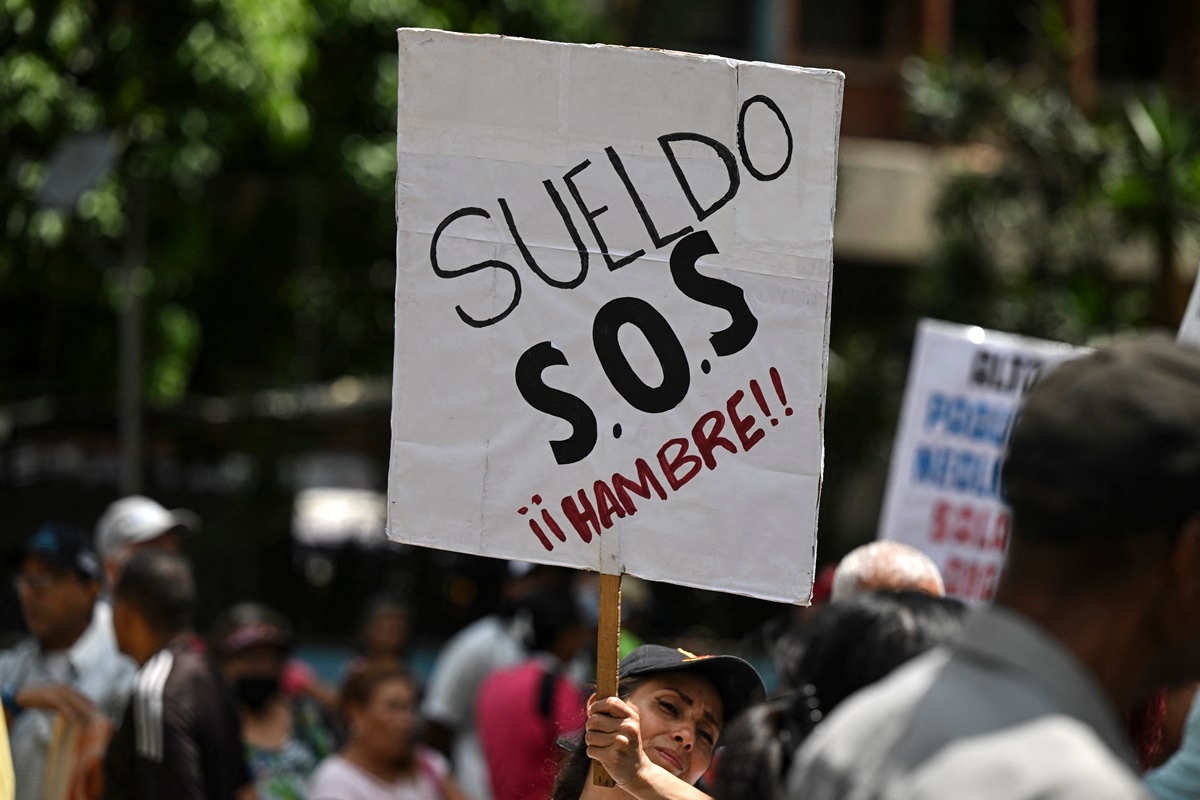Venezuela quadrupled labor conflicts in September compared to August

A total of 44 labor conflicts were registered in Venezuela in September – four times more than the 11 counted in August -, most of these for demand “living wages” and “better working conditions,” the Institute of Higher Trade Union Studies (Inaesin) reported this Tuesday.
In your monthly reportthe institute detailed that 56.82% of the conflicts were carried out by education workers, who “were in charge of labor complaints” with the “purpose of being heard by government authorities.”
Likewise, it reported that health workers occupied second place with 13.64% of the claims registered last month, while the remaining 29.54% were not specified by the NGO.
Inaesin detailed that 95.45% of the claims were made “by public sector workers”, while stating that, for the second consecutive month, “100% of the conflicts (registered by the entity) were expressed through complaints ».
The largest number of complaints were made mainly in the Capital District, with 50%, followed by the state of Carabobo (north) with 9.09%, while 40.91% of the complaints occurred in the rest of the country.
During the third quarter of 2024, Inaesin recorded 73 labor disputes, of which 36.78% were in the education sector, 12.46% in the health sector and 10.52% in the area of communication.
It is said that 40.24% of remaining conflicts, which were not specified, occurred in various professional groups.
In the accumulated period, he continued, “salary complaints led the labor complaints with 35.69%, while dismissals occupied second place with 23.82%,” while 40.49% of complaints collected referred to other reasons that the NGO did not detail either.
The Observatory of Labor Conflict and Union Management of @Inaesin1 counted 44 labor conflicts in Venezuela in the month of #September from 2024 #ProtestIsARight #Workers 👇📷Click this link to download the newsletter 📷 👉 https://t.co/EdPDZQCqPt pic.twitter.com/SsXgBIwnxU
— INAESIN (@Inaesin1) October 8, 2024
Independent journalism needs the support of its readers to continue and ensure that the uncomfortable news they don’t want you to read remains within your reach. Today, with your support, we will continue working hard for censorship-free journalism!
